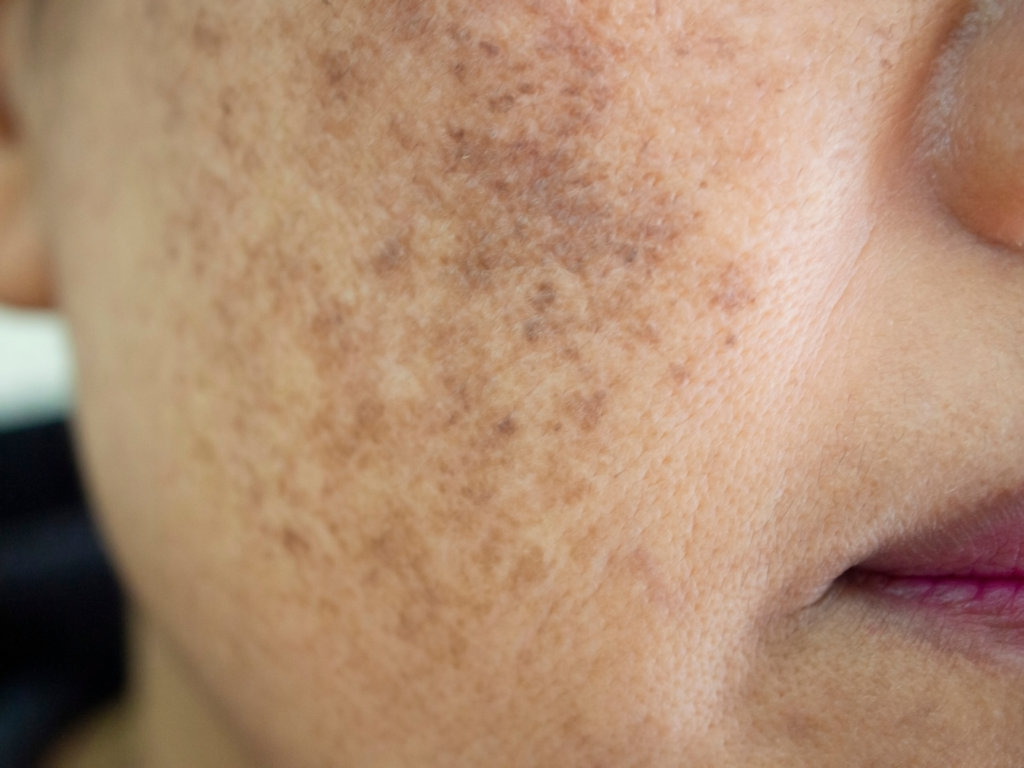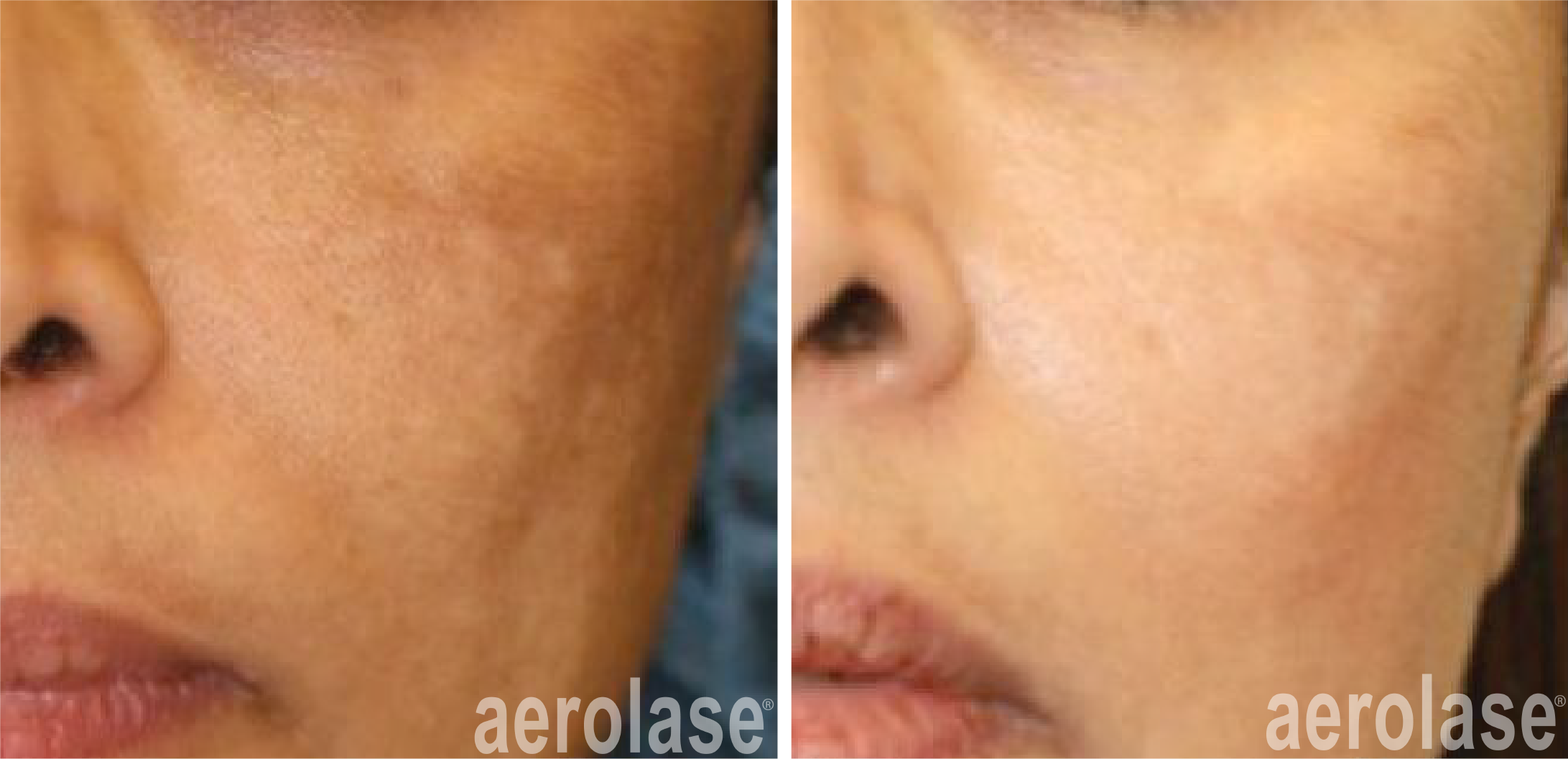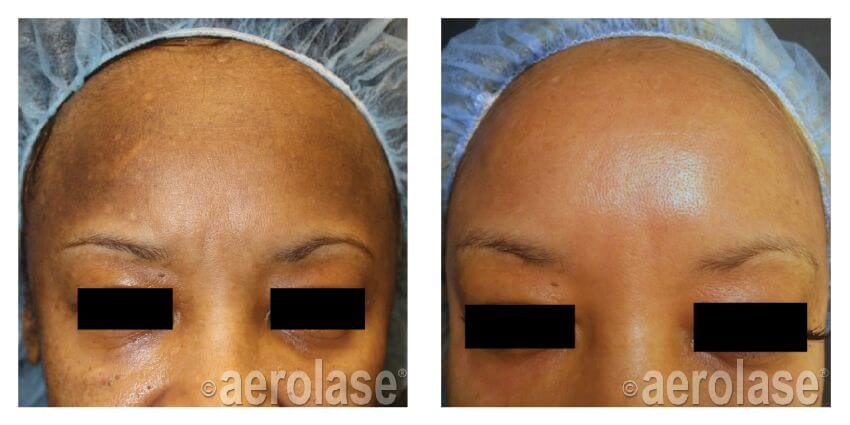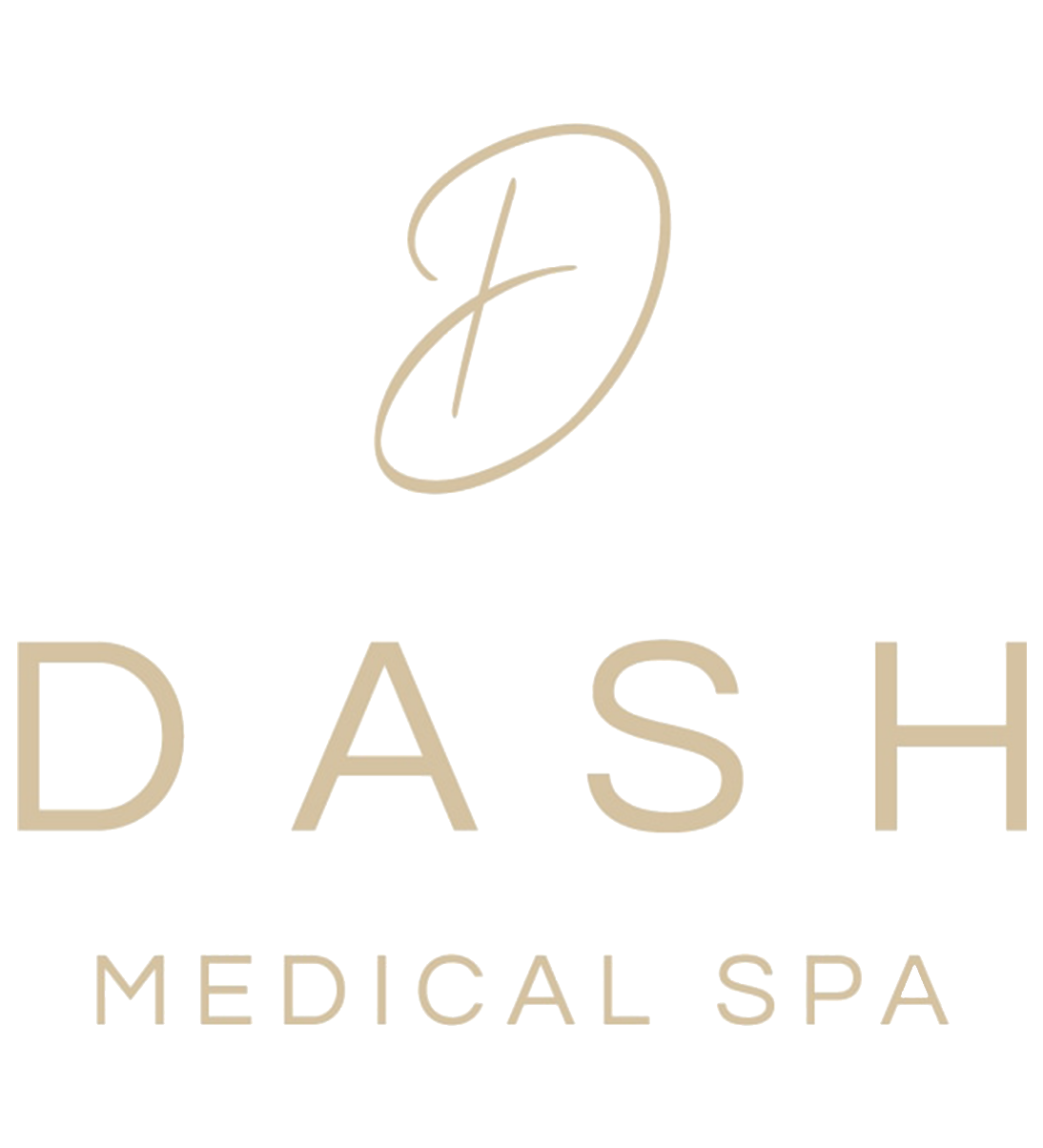Melasma

AEROLASE FOR MELASMA
What is it: Melasma is a very common patchy brown, tan, or blue-gray facial discoloration. This condition can be caused by factors like sun exposure, genetic disposition, and hormones. It is primarily seen on the upper cheeks, lip, forehead and chin of women 20-50 years of age. The laser energy breaks down the pigmented cells that cause melasma.
FAQs
WHAT KIND OF LASER IS USED FOR TREATMENT OF MELASMA?
For melasma, we utilize the Aerolase Neo Elite®, which is and NdYag laser that uses 1064nm wavelength, and a very short (650-microsecond) pulse duration, which minimizes the risk of side effects and allows for deeper penetration into the skin.
WHAT HAPPENS DURING THE TREATMENT?
In general, most Aerolase treatments will require no more than 30 minutes. The Neo Elite Laser is different in that it actually works to treat the condition at the dermal level, where the melanocytes that cause melasma reside. By targeting the melanocytes directly, the Neo Elite Laser is able to significantly reduce the appearance of melasma and improve the overall quality of the skin.
IS IT PAINFUL?
There is a mild sensation of heat that is very tolerable. A slight pinching feeling may occur when using higher fluences with the 2mm lens. This is one of the key technical breakthroughs of Aerolase technology. It has set a new standard for virtually pain-free treatment, even on darker skin types, due to its MicroPulse-1064 technology.
IS AEROLASE SAFE FOR ALL SKIN TYPES?
HOW SOON WILL I SEE RESULTS?
Most people will experience a 50% improvement in melasma as early as 3 weeks after treatment. In most cases, multiple treatments will be needed to achieve maximum results.
COST OF TREATMENTS
The cost per treatment plan ranges between $250 and $350, depending on the size of the area. In rare situations, it could be slightly higher, due to the complexity of the case.
POST TREATMENT
You may return to your normal daily activities immediately after your treatments.
Keep the area well moisturized with Bacitracin or Polysporin. The area will change color in the days and weeks following treatment and may form a crust or a scab. This is a normal occurrence during the healing process and should be allowed to slough off on its own. Do not rub, scratch or pick at the treated area to let the treated area naturally heal.
If you will have extended sun exposure, use broad spectrum UVA/UVB minimum of SPF 30.
Results



Videos
How many treatments of Melasma laser will
I need?
Read Description
So let’s talk about melasma and setting expectations when treating it with laser.
1) Melasma lesions might darken before they get better.
2) Regardless of your response, reoccurrence is common based on things like the amount of time you’re out in the sun, hormones, or genetic disposition.
3)We always have to remember that this is a treatment, not a cure, just like psoriasis and eczema. With that being said, one to two treatment sessions may be needed, and in some cases more.
What happens after Melasma Hyperpigmentation Treatment?
Read Description
Typically melasma will lighten over the course of the next few days to the next few weeks but sometimes it’ll get worse before it gets better, so it might become a little bit darker before it becomes lighter. In the event that scabbing or crusting occurs, we recommend keeping the area moist to reduce the risk of scarring.
Can Laser for melasma be used on darker skin types?
Read Description
Yes, this is why we love this laser. It can be used on darker skin types as well as tan skin. Just remember no sunburnt skin.
REQUEST A CONSULTATION
Request an Appointment and
get 15% off your first treatment
Get Started Today!
Your first consultation is free!

